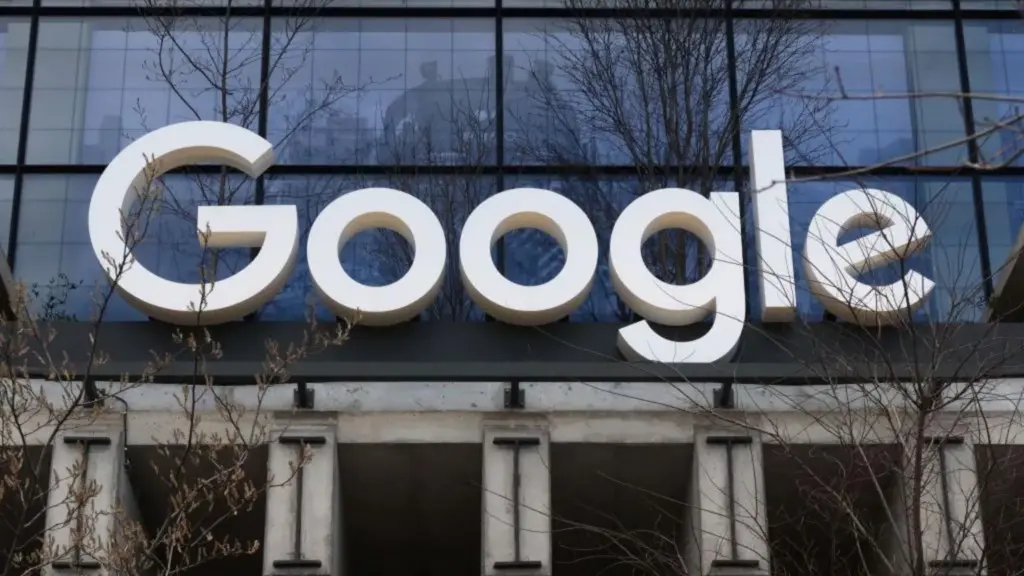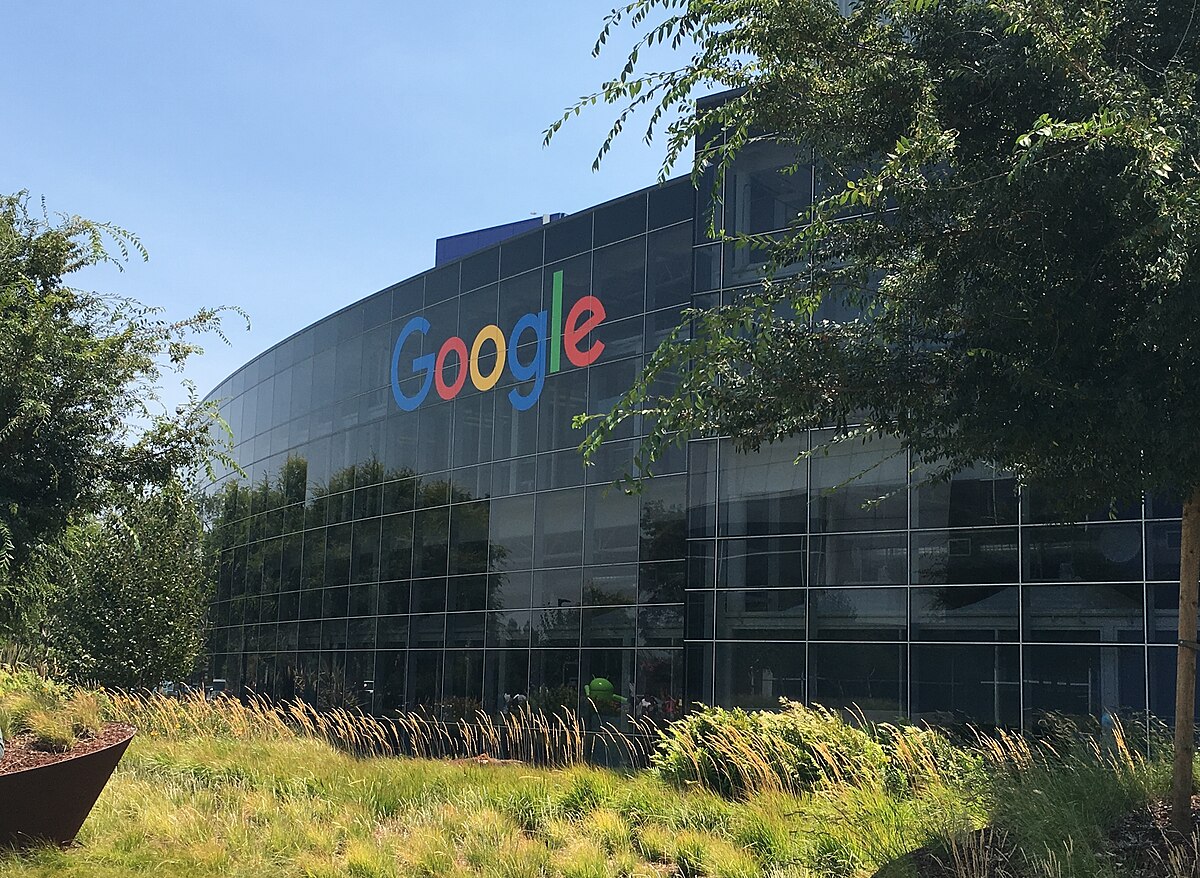A US judge has ruled that Google illegally suppressed its competition to maintain a monopoly in online search and related advertising.
The decision, delivered on Monday, is a significant setback for Alphabet, Google’s parent company, and may transform the business practices of major tech firms.
The ruling stems from a 2020 lawsuit filed by the US Department of Justice, which accused Google of controlling approximately 90% of the online search market.

This case is one of several lawsuits aimed at increasing competition within the tech industry by challenging the dominance of big tech companies.
The case has often been described as an existential threat to Google and Alphabet due to their dominance in search and online advertising.
The penalties Google and Alphabet will face have yet to be determined, as fines or other remedies will be decided in a future hearing. The government has called for “structural relief,” potentially leading to the breakup of the company.
US District Judge Amit Mehta found that Google paid billions to secure its position as the default search engine on smartphones and browsers.
READ ALSO: Tinubu’s Speech Seems Disconnected from Harsh Realities Faced by Nigerians—Peter Obi
“Google is a monopolist, and it has acted as one to maintain its monopoly,” Judge Mehta wrote in his 277-page opinion.
Alphabet has announced plans to appeal the ruling, arguing that the decision restricts their ability to make their superior search engine readily available.
US Attorney General Merrick Garland praised the ruling as a “historic win for the American people,” emphasizing that no company is above the law.
Federal antitrust regulators have also filed lawsuits against other major tech companies, including Meta Platforms (Facebook), Amazon, and Apple, for allegedly operating unlawful monopolies.
The ruling follows a 10-week trial in Washington DC, where prosecutors argued that Google spent billions annually to ensure it was the default search engine on devices from Apple, Samsung, Mozilla, and others.
The US government claimed that Google pays more than $10 billion a year for this advantage, securing a steady stream of user data that reinforces its market dominance.
This practice, according to prosecutors, has stifled competition by preventing other companies from gaining a foothold in the market.
During the trial, Department of Justice lawyer Kenneth Dintzer highlighted the significance of these payments, stating, “The best testimony for that, for the importance of defaults, is Google’s cheque book.” Google’s search engine generates substantial revenue through advertising displayed on its results pages.
Google’s defense argued that users prefer their search engine because it is superior and that the company continuously invests in improving it for consumers. “Google is winning because it’s better,” said Google’s lawyer John Schmidtlein during closing arguments. He also contended that Google faces significant competition from general search engines like Microsoft’s Bing and specialized sites and apps.
Judge Mehta concluded that being the default search engine is “extremely valuable real estate” for Google. He noted that even if a new competitor could match Google in quality, it would still need to pay billions in revenue share to partners to compete effectively.
Another case concerning Google’s advertising technology is scheduled for trial in September. Meanwhile, Google has faced multiple fines in Europe for monopolistic practices. #online
Follow the Parallel Facts channel on WhatsApp: https://whatsapp.com/channel/0029VaCQSAoHgZWiDjR3Kn2E









Leave a Reply